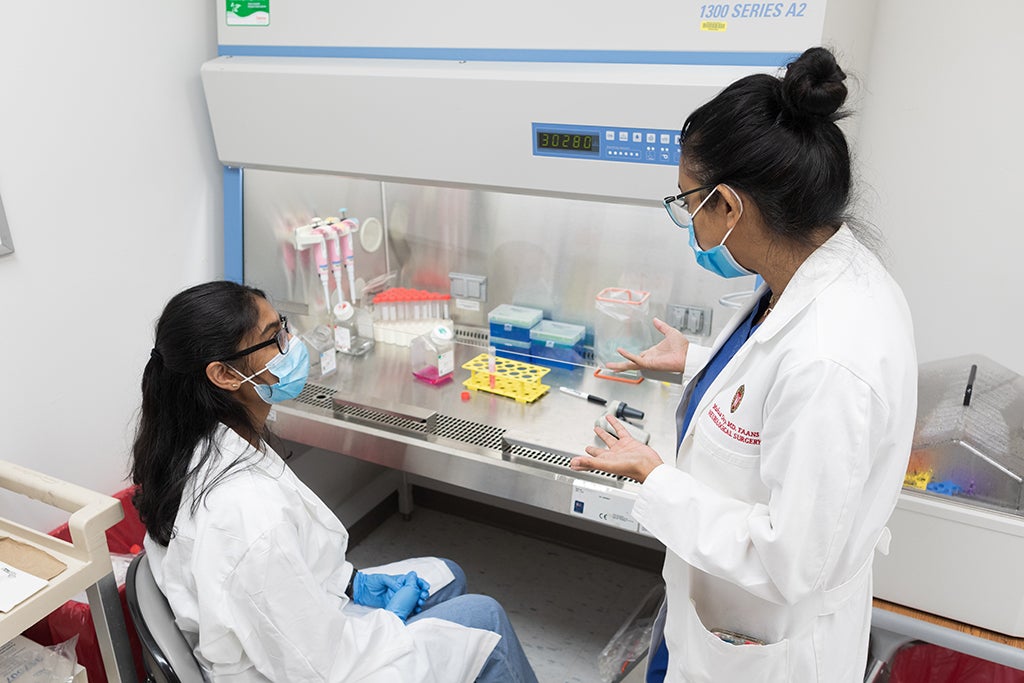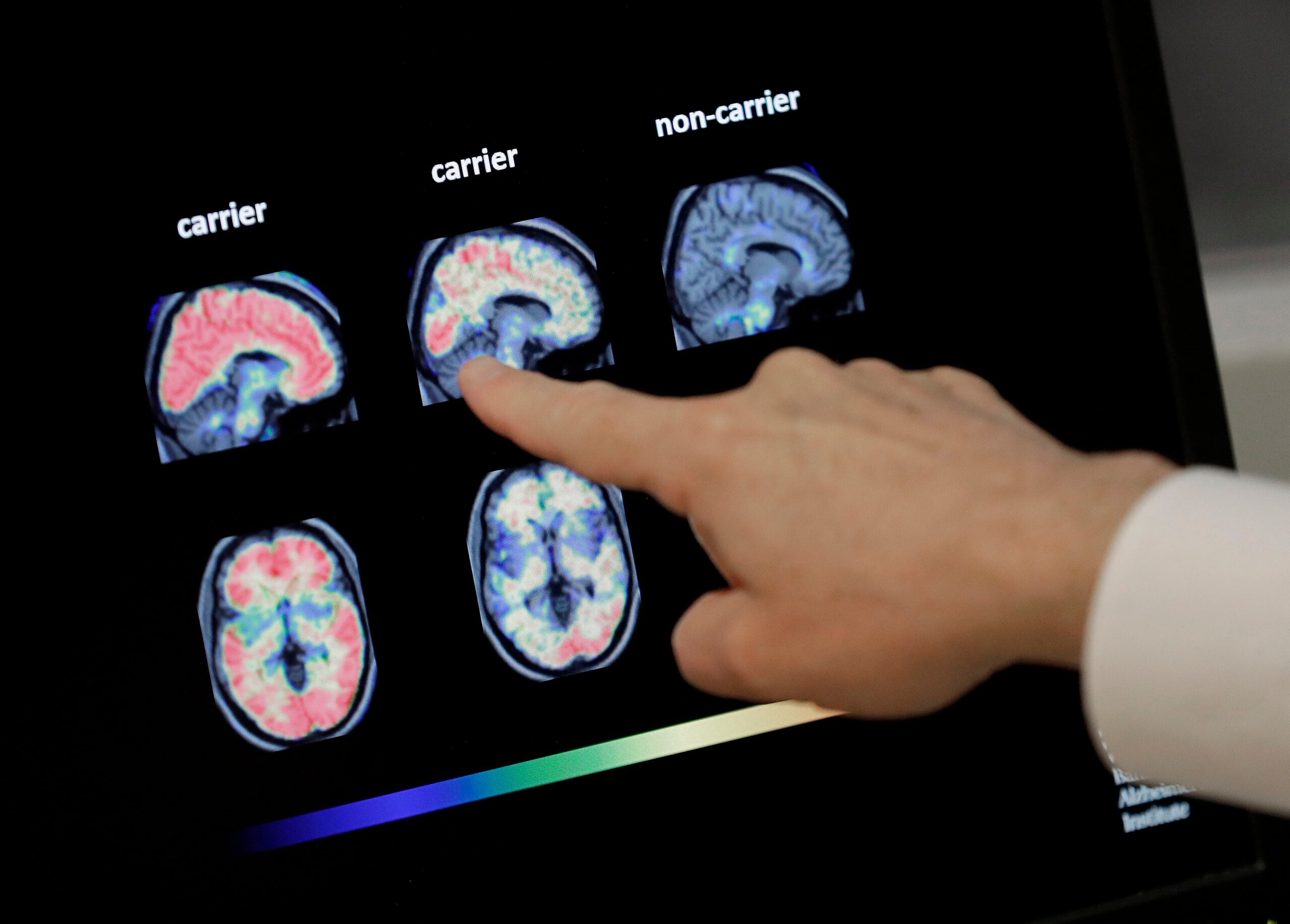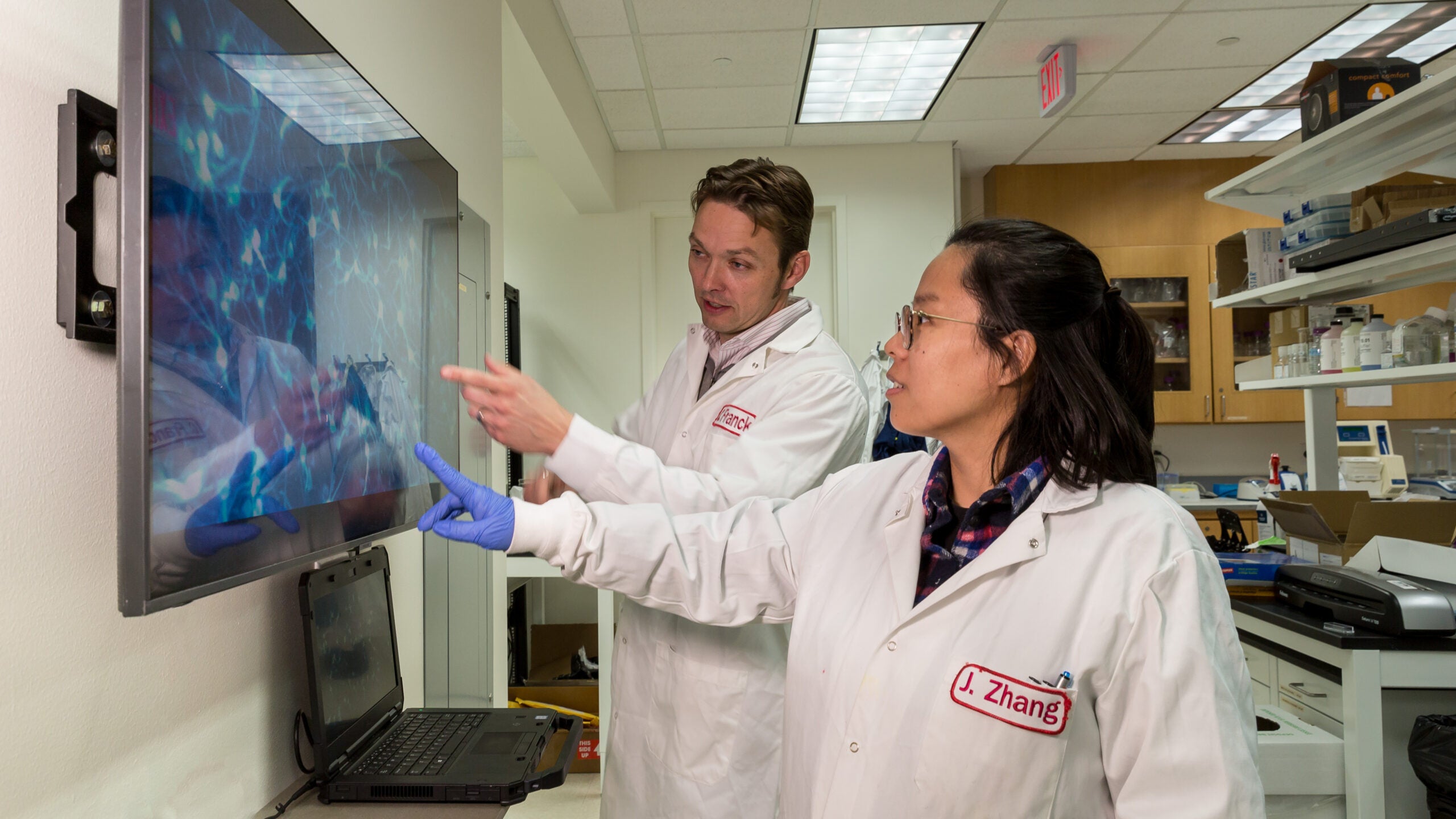Researchers with the University of Wisconsin-Madison are among a group of scientists exploring how small differences could have big effects when it comes to the brains of humans and other primates.
The team of researchers published a study this year in the Journal “Science” in partnership with a Yale University lab.
The scientists focused on the dorsolateral region of the pre-frontal cortex, an area of the brain that’s unique to primates. It’s also an area associated with higher-order thinking and with neurological disorders, including Parkinson’s disease and schizophrenia, said UW-Madison Assistant Professor Andre Sousa, who was one of the researchers.
News with a little more humanity
WPR’s “Wisconsin Today” newsletter keeps you connected to the state you love without feeling overwhelmed. No paywall. No agenda. No corporate filter.
“It was an obvious choice to start our investigations of what makes the human brain unique,” Sousa said of that section of the prefrontal cortex.
The scientists studied tissue samples to compare cell types from that brain region in humans, chimpanzees, macaque and marmoset monkeys. More than 100 cell types were present across all the species studied, and only five cell types were not present in all four of the species.
“It’s overall very similar,” Sousa said of the comparisons between humans, chimps and the two types of monkeys. “But even though there are small differences, there is an accumulation, an evolutionary accumulation, of these differences. And after some point, when you sum all these little differences, you eventually generate a difference that is impactful. And it’s that what we are trying to find…among these small differences: What creates the greatest impact?”
Sousa said the presence of a particular gene, known as FOXP2, in a human-specific type of brain immune cell could be key to understanding certain neurological disorders.
“It’s important to know what are those differences, and what makes our brain different from the brain of other species,” Sousa said. “Because only when we know how our brain works, we will be able to identify which processes are disrupted in disorders and how can we how we can correct those processes to bring them back to normal functioning.”
Wisconsin Public Radio, © Copyright 2025, Board of Regents of the University of Wisconsin System and Wisconsin Educational Communications Board.







